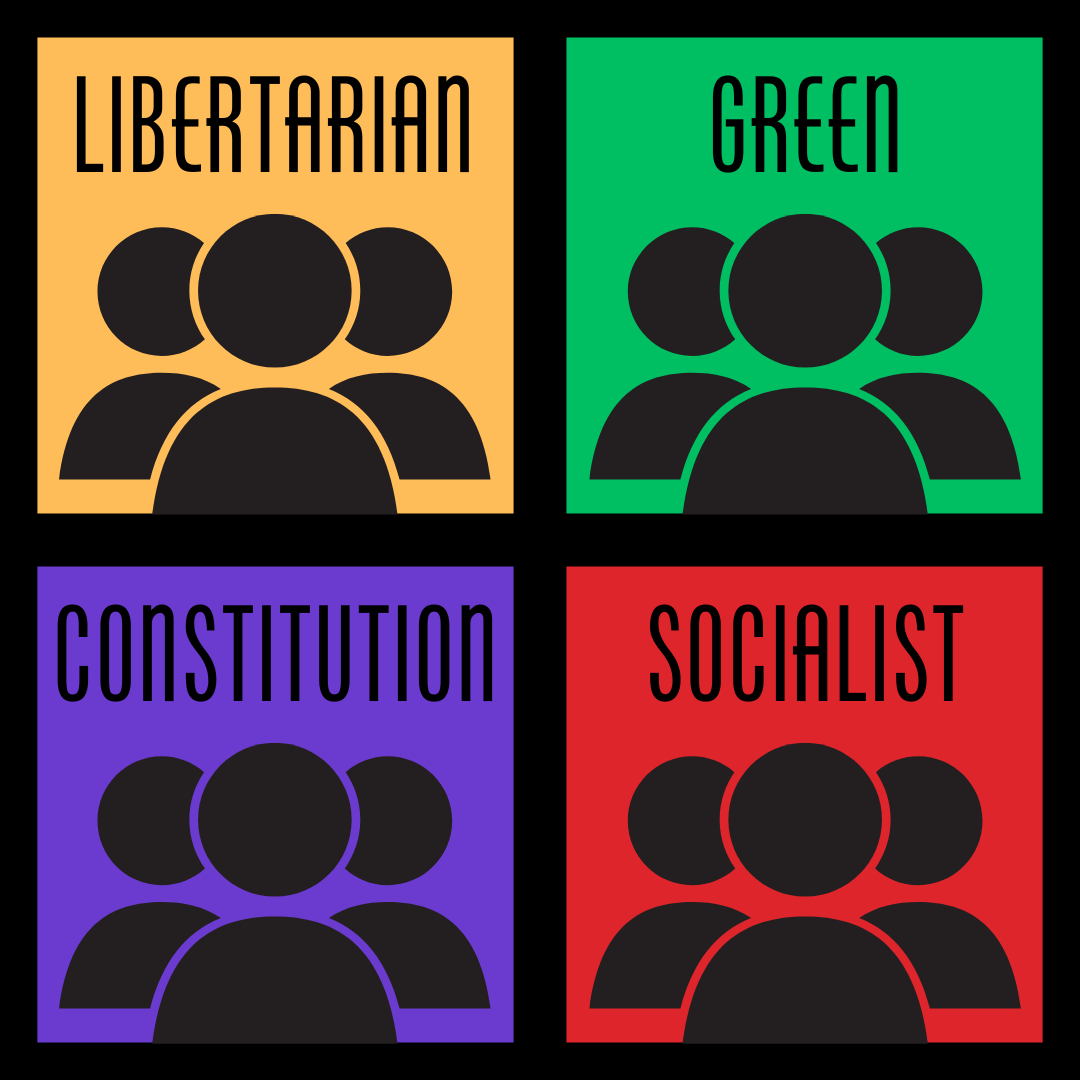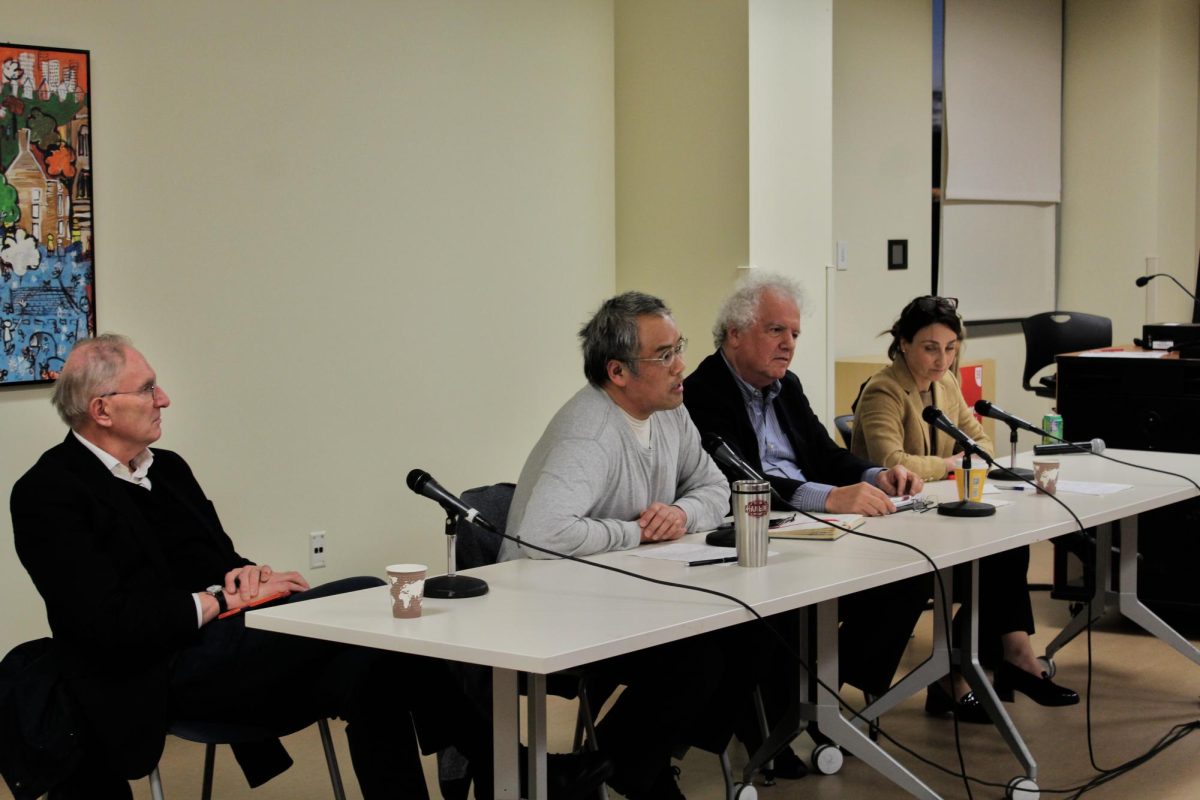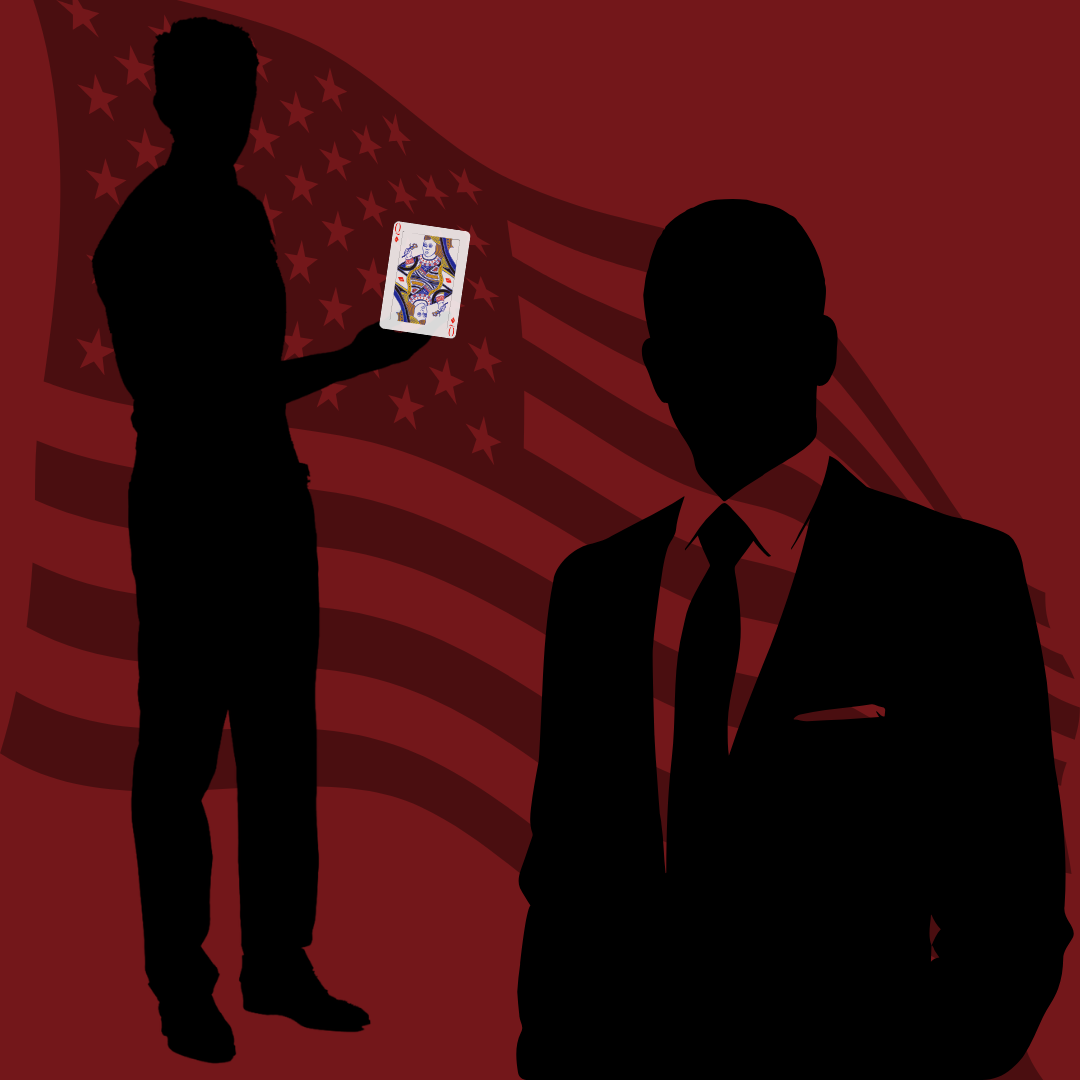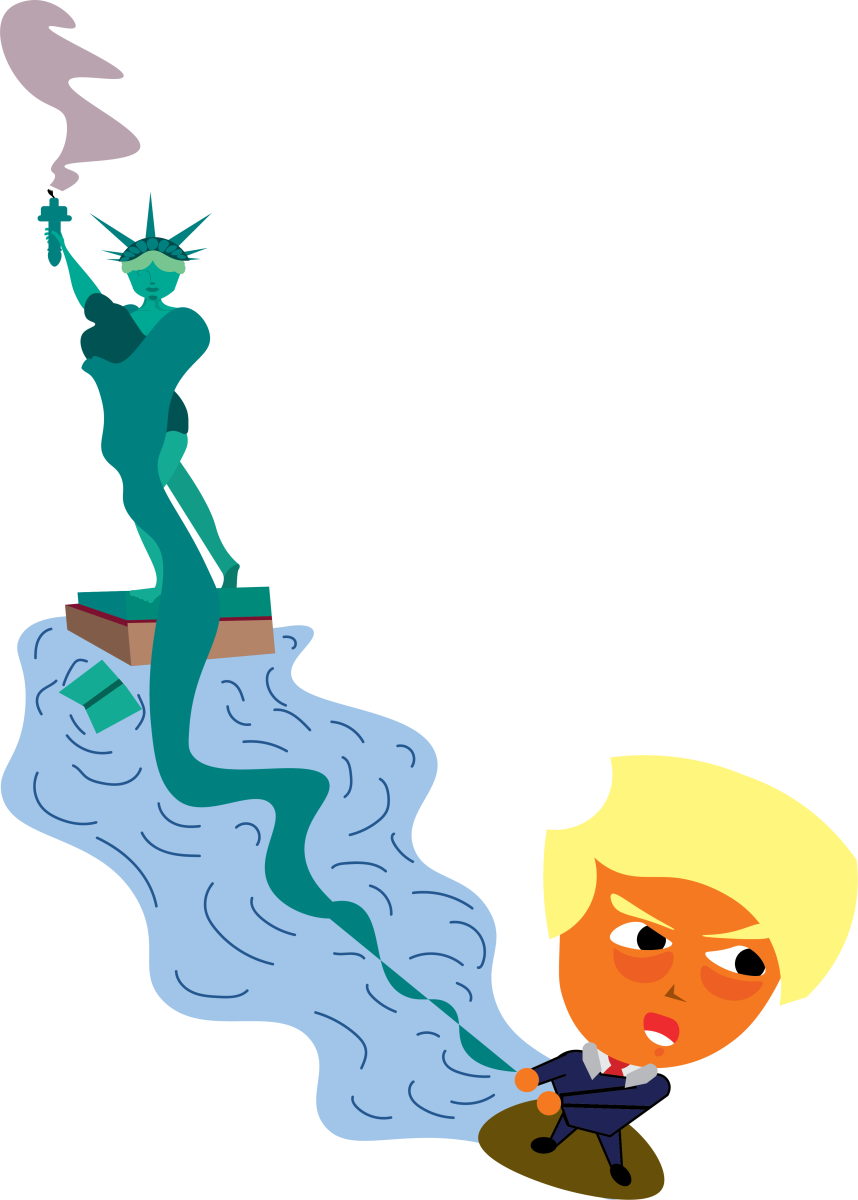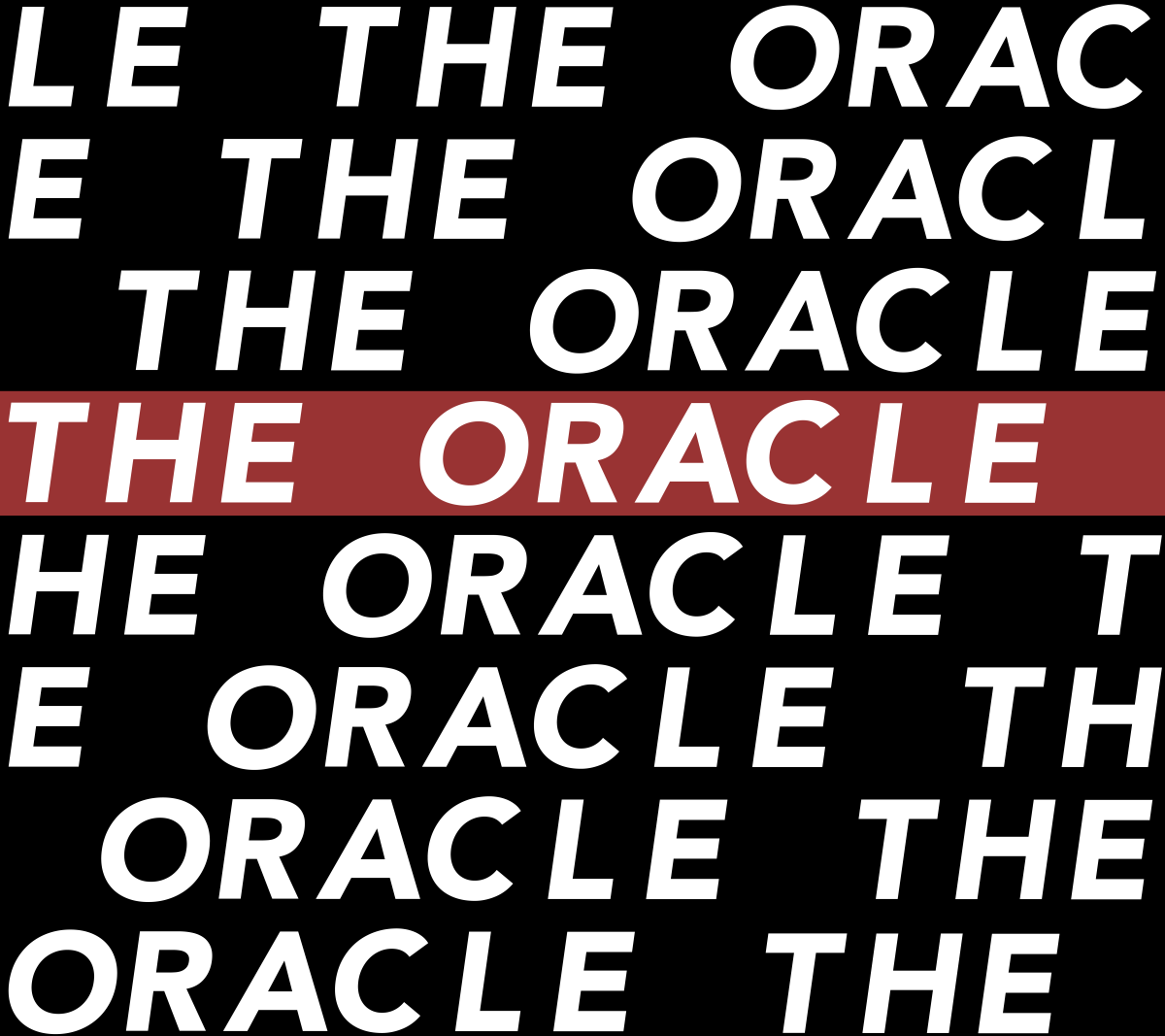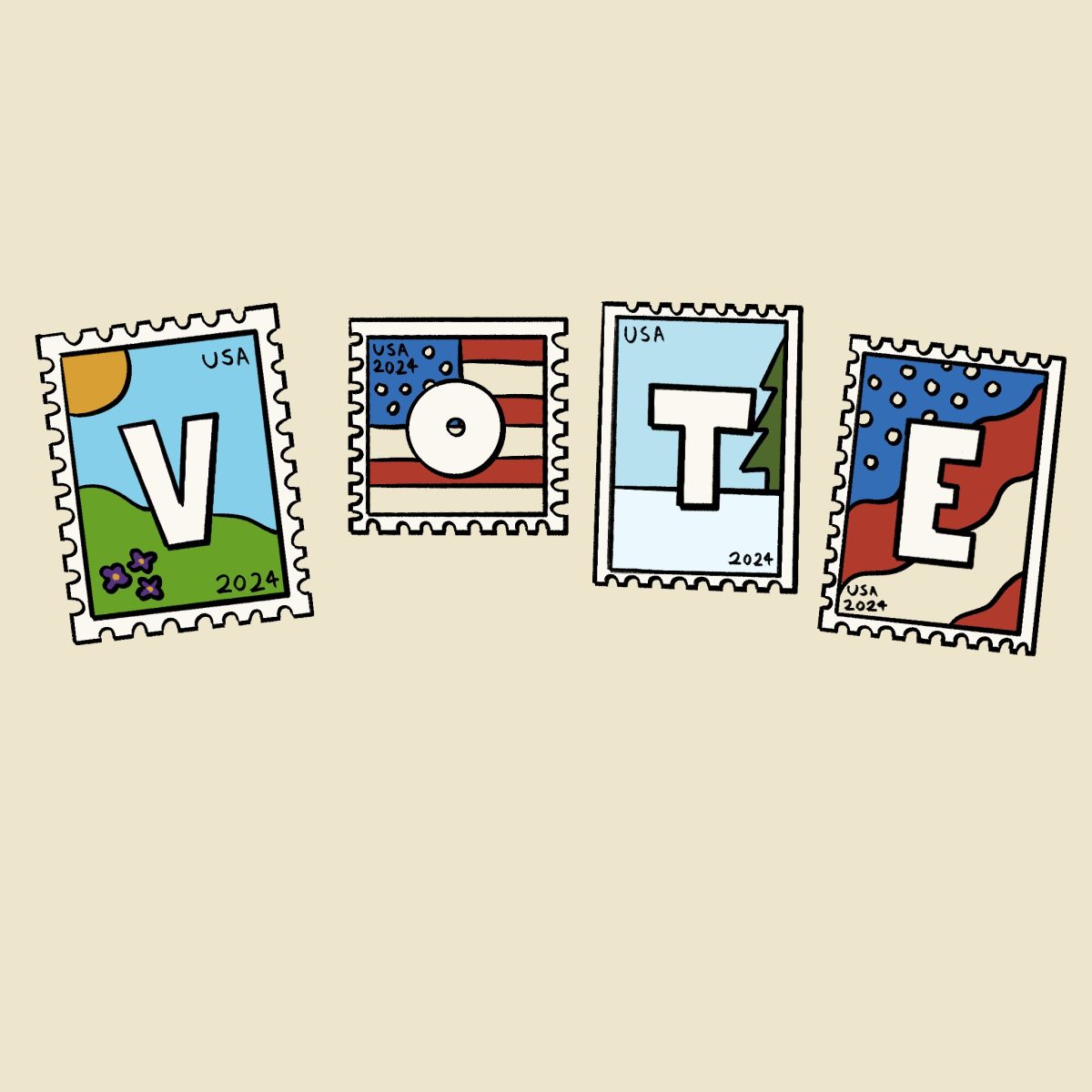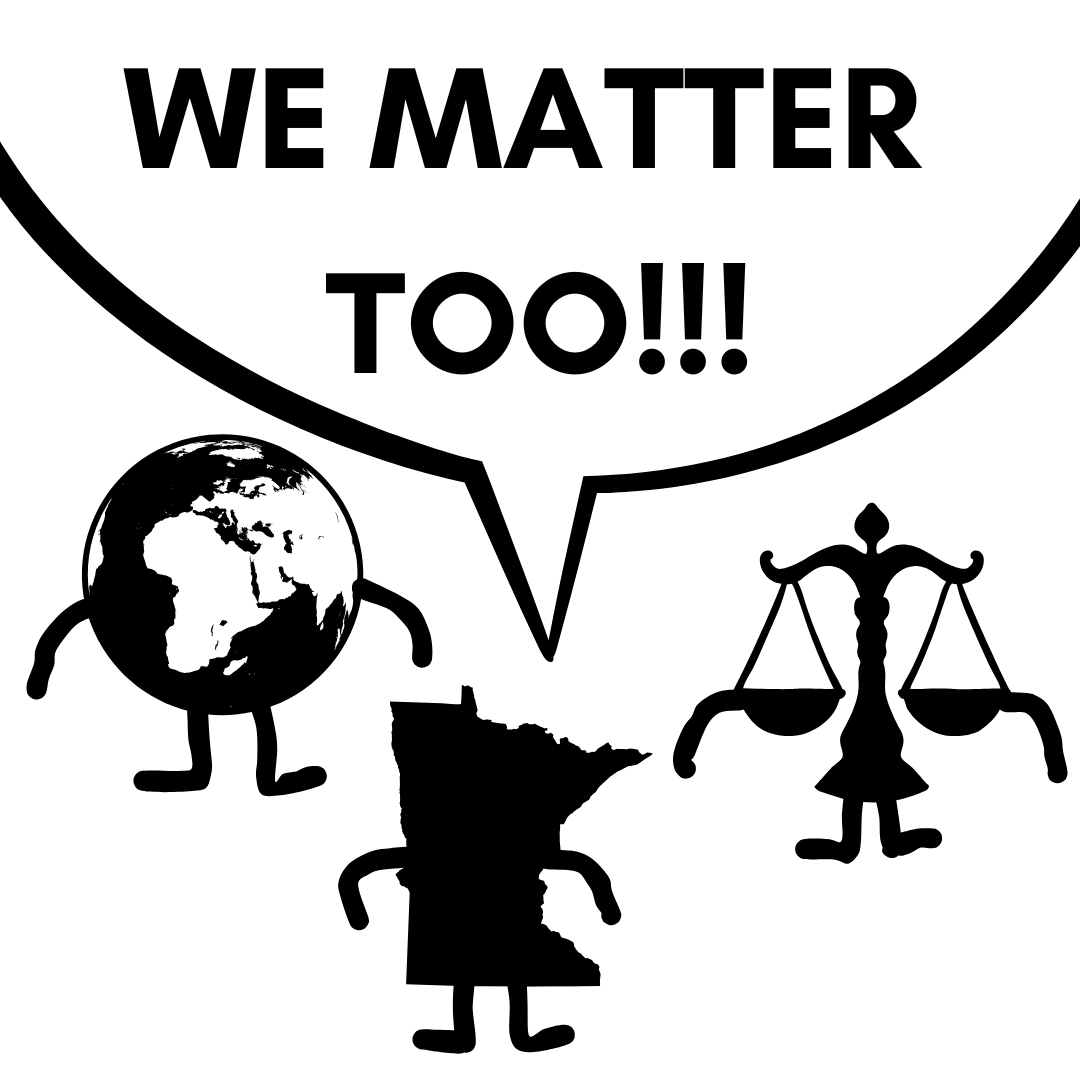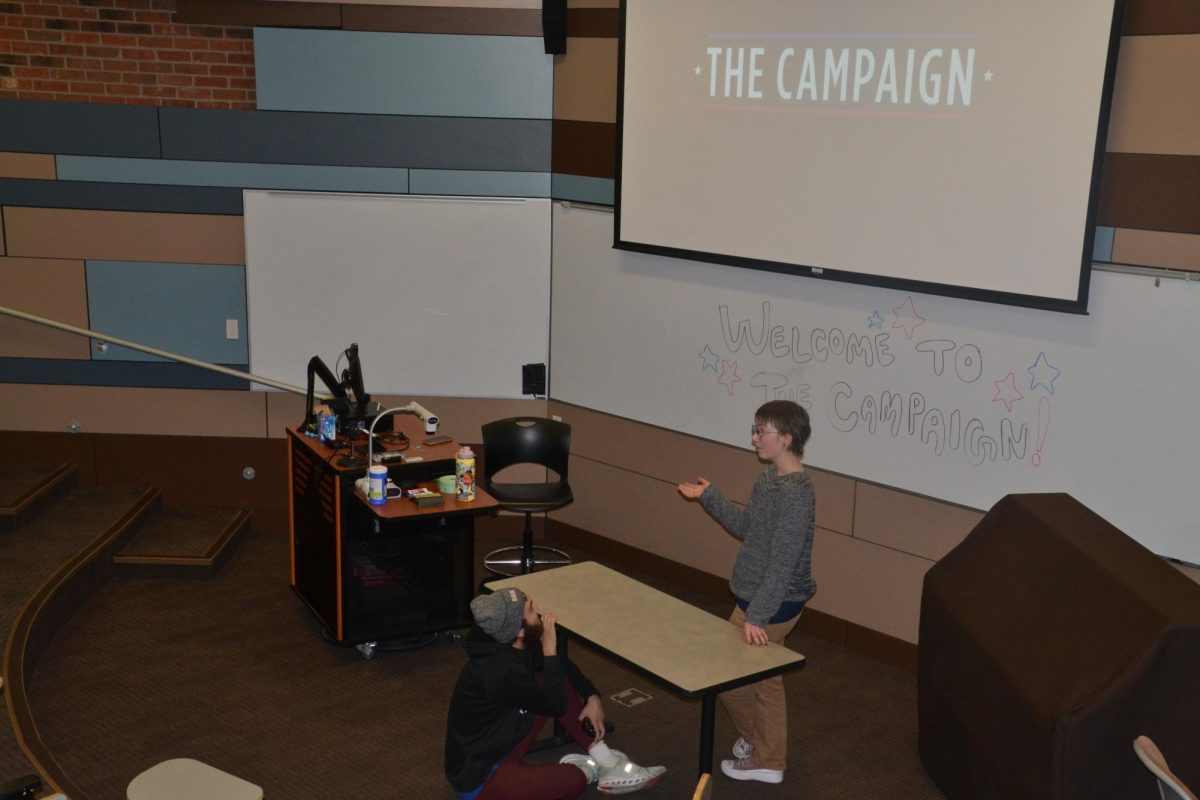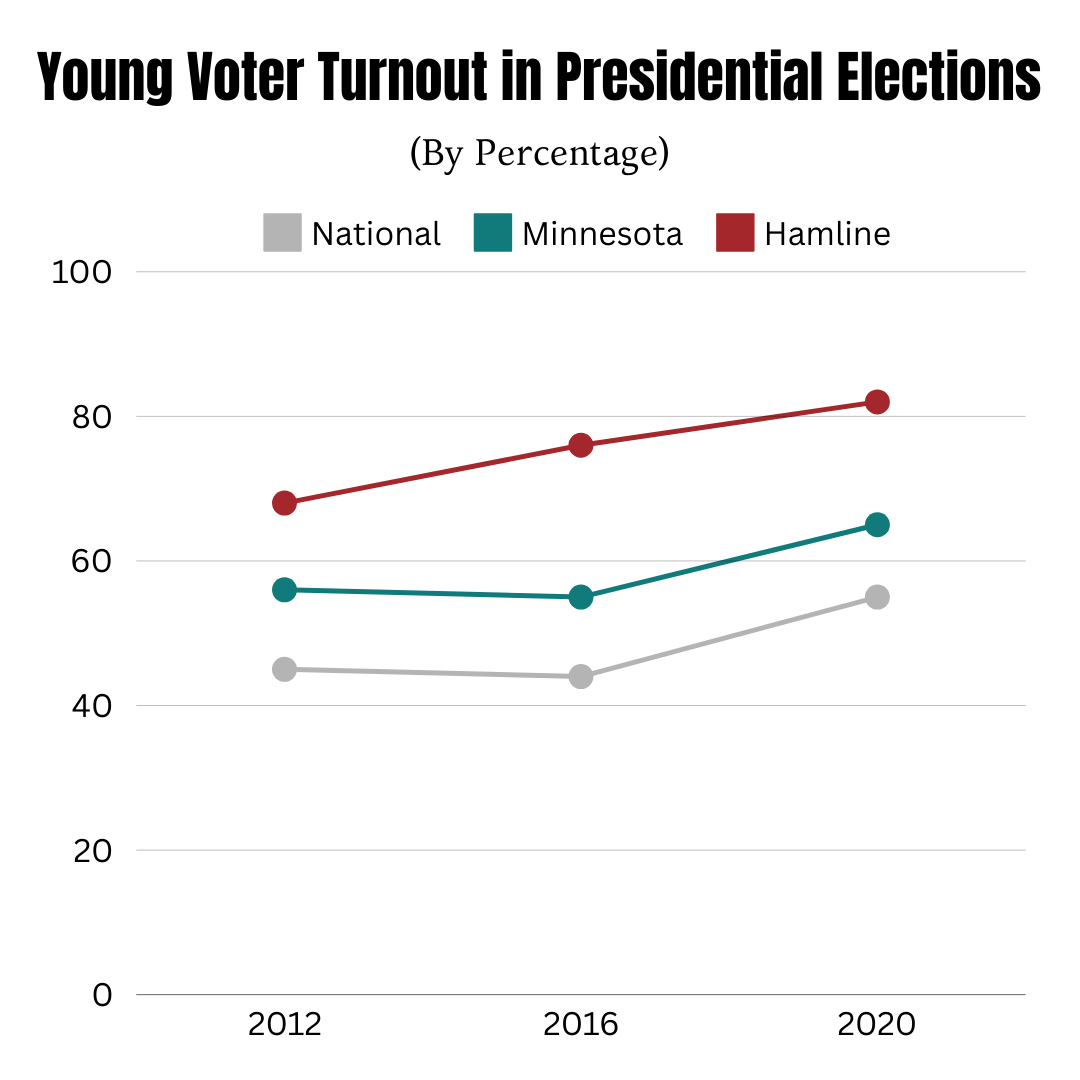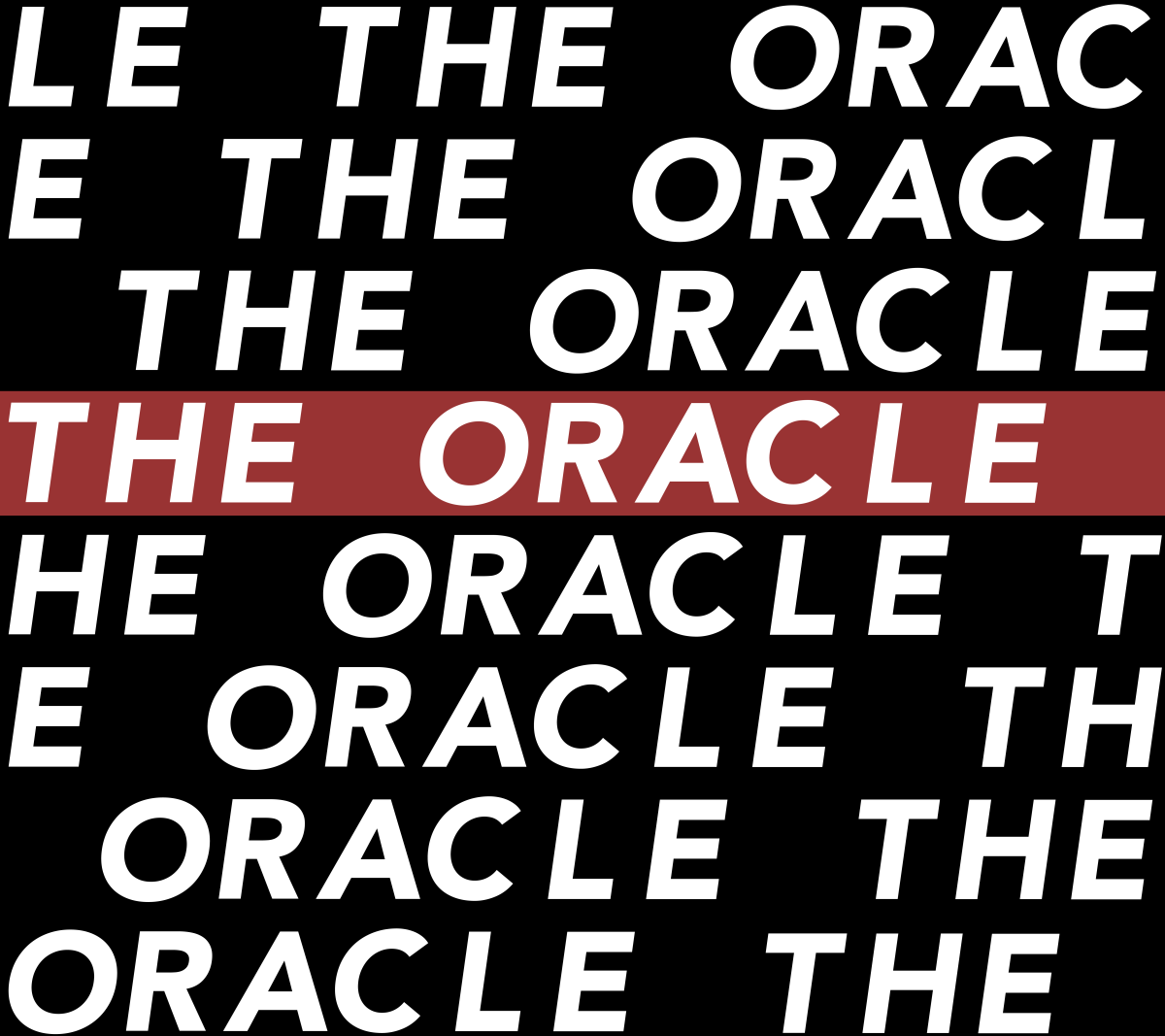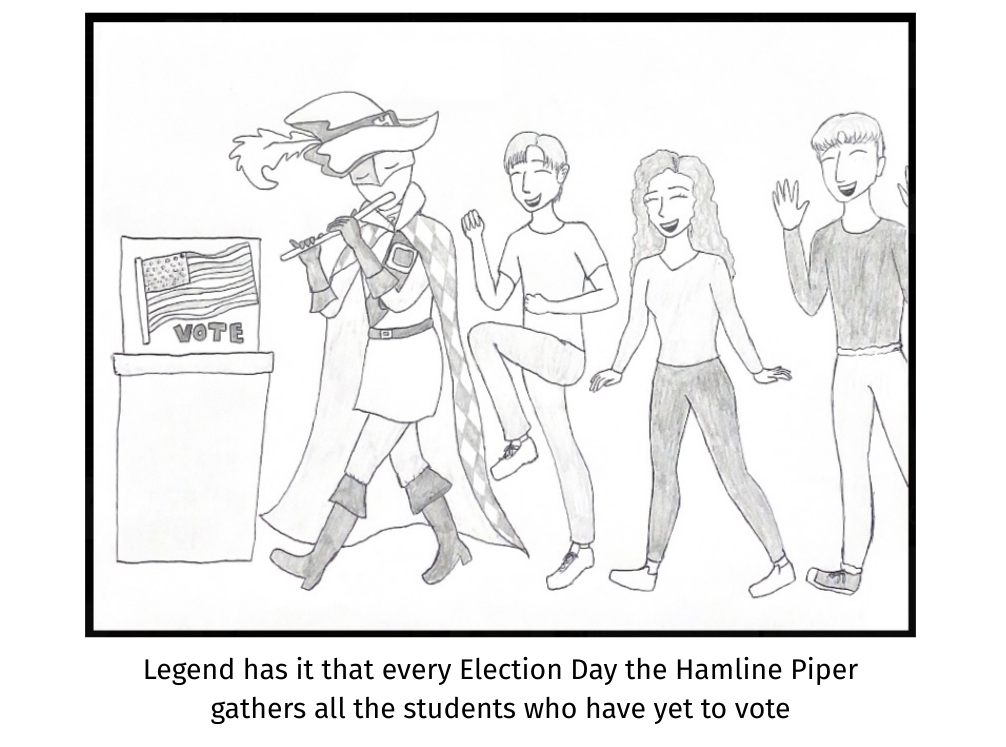Every four years, Americans descend to the polls for another presidential election. It is the same story of Democrats versus Republicans, but what about the other names dotting the ballot? Many general election ballots feature candidates for third parties, and oftentimes people gloss over them without another thought. However, these parties and the votes they receive can change the outcome of the general election and political discourse entirely.
According to pbs.org, the first third party in the U.S. was formed in 1826. This was the Anti-Masonic party. As the name suggests, they opposed the idea of Freemasonry, which was a fraternal organization dedicated to men’s self improvement. The Anti-Masonic party was against the idea of a large organized Government run by supposed Freemasons. Though the party only lasted around a decade (as it dissolved in the 1840s), it created room for many future challengers to the American two-party system.
The challengers to this system include today’s third parties such as the Libertarian Party, The Green Party and The Constitutional Party. These parties often run candidates each election cycle hoping to draw votes away from the major parties, or they exist to polarize parties to include their platform. An example of this behavior can be seen by the Legalize Marijuana Now party which is a single issue party that pushed for the legalization of recreational marijuana. This party pushed the Democratic party to include the legalization of marijuana in their party platform. This initiative can now be found in the official Democratic party platform.
While third party candidates have garnered some electoral votes, not one has gotten the 270 electoral votes required to be elected president; however, the parties and their supporters have the power to change the outcome of the general election.
“They could potentially draw maybe 1% or 2% of the vote in those critical five or so swing states that are going to decide the election,” Professor of Political Science David Schultz said.
Though this is not nearly enough to win, it is enough to “spoil” the election. The Spoiler Effect occurs when a third party draws enough votes from a candidate’s voter base that the other party wins the election. This effect tends to turn people away from third parties in favor of sticking with the larger parties, but there are some factors that may influence voters into casting a ballot for a third party. These may include a protest vote.
“These individuals are not completely happy with the alignment of the current two major parties.” Schultz said.
The gap between the younger generations’ hopes for politicians and what they deliver is where third parties thrive. Many people, such as Professor of English and Communications Kevin Schwandt, believe that dissatisfaction with the two party system is what leads to voters drifting away from major parties. Schwandt is not alone with this thought, as Religion professor Mark Berkson agrees. He also believes that through a third party, you can vote for your ideals. In addition to this, he agrees with the practice of a “protest vote” against the two party system.
This trend is not a new phenomenon: In the 2000 election, there was too close a call between Al Gore and George W. Bush. According to Britannica.com, the popular vote was split 50 million to 50 million with third party candidate Ralph Nader gaining around two million votes. This distribution of votes left neither candidate with the needed 270 electoral votes. This year, with the polls showing a nail biting race, what happens if third party votes do not allow for either candidate to get the 270 electoral votes needed to take office?
In this case, there will be a mandatory recount in each state where the votes are extremely close. This is the exact process that occurred in 2000 when Florida’s votes were barely distinguishable. The next step if a winner cannot be called is that the election will be decided by Congress. This process is outlined in Article Two and the Twelfth Amendment of the Constitution, which allows a contingent election to be decided by members of Congress. However, this is not the process that happened in 2000. In 2000, Florida’s election was contested and sent to the Supreme Court. They Determined Florida’s electoral votes should go to George W. Bush. Though the 2000 election was a shocking result, the polls for the current election show that a tie in electoral votes is a possibility. Though there is a lot of uncertainty surrounding the polls there is one thing that is certain, each and every vote matters.
The alternative: the third party’s impact on elections
Jordan Fauks, Reporter
November 5, 2024
Story continues below advertisement
0
More to Discover


